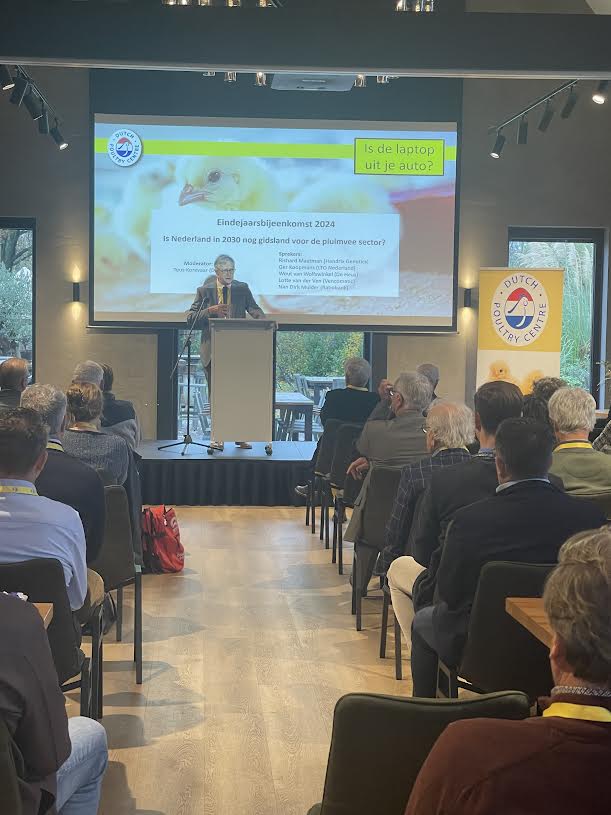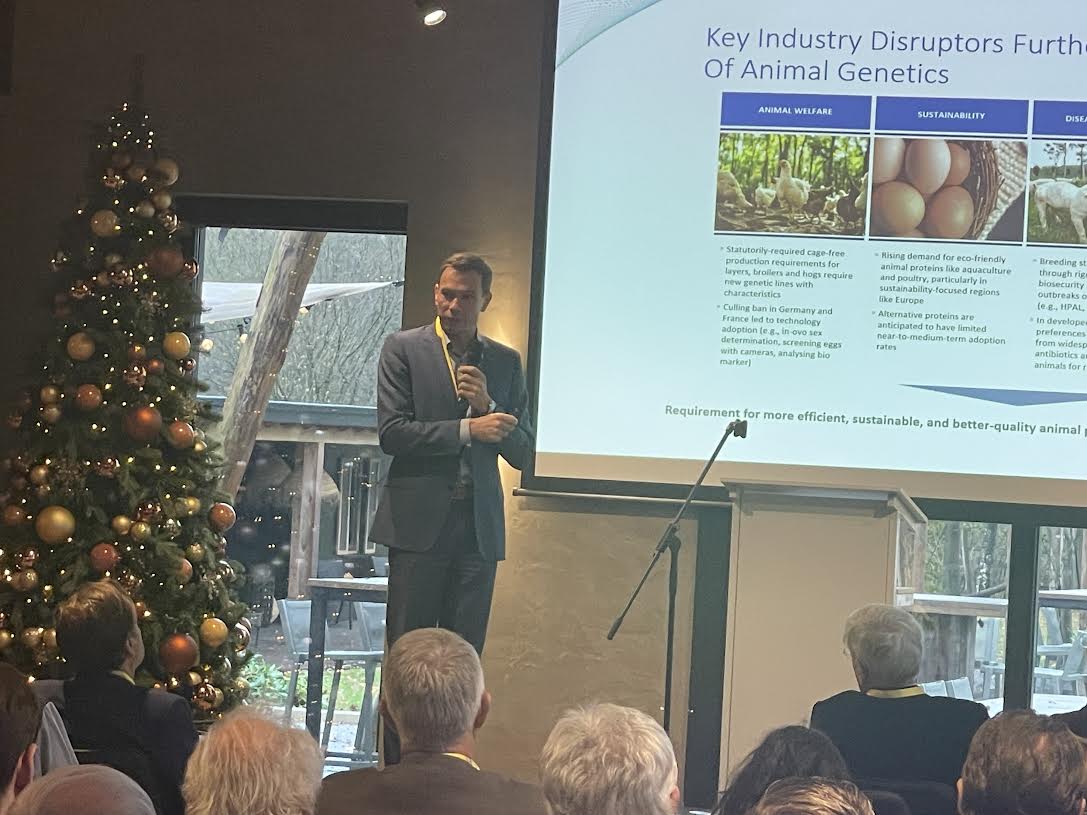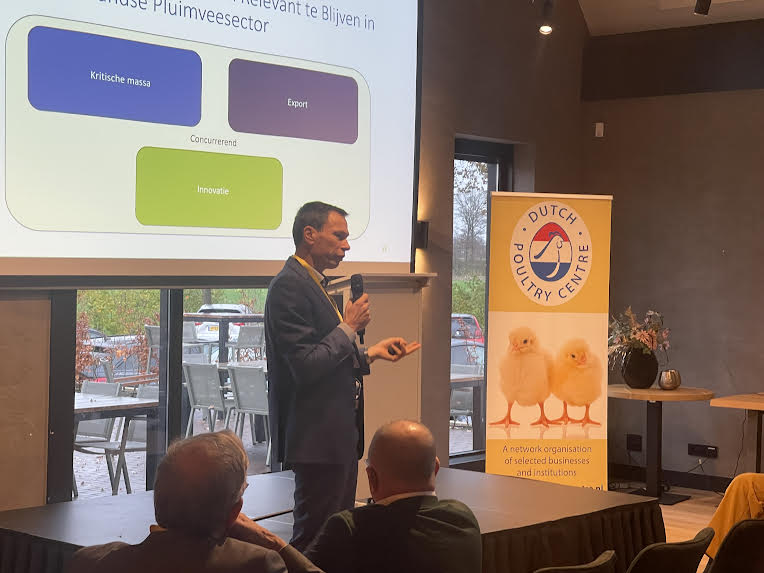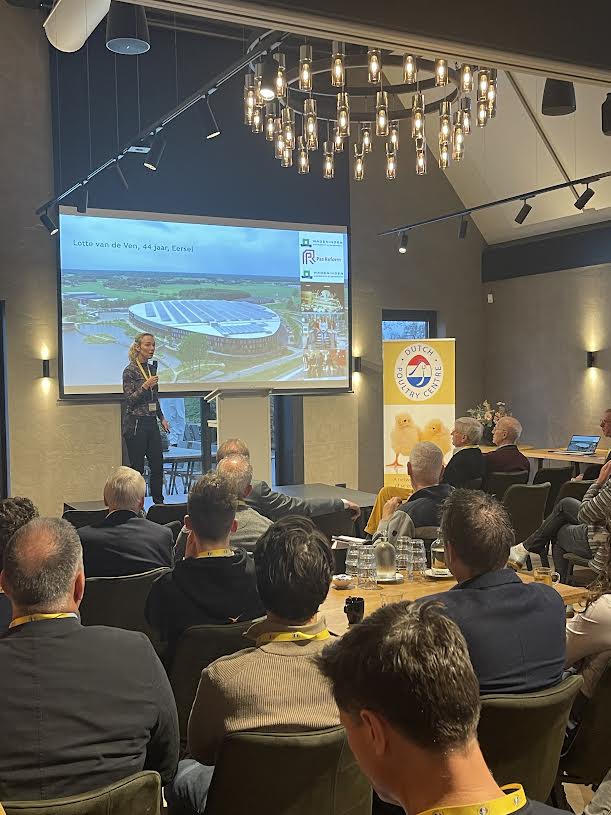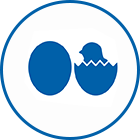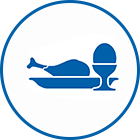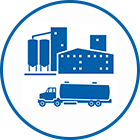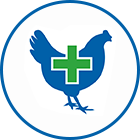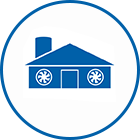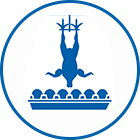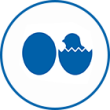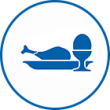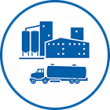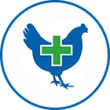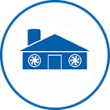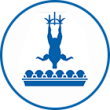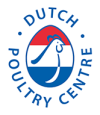DPC End of year meeting: The Netherlands can retain its position as leading nation
The Netherlands can still retain its position as the leading nation in the international poultry industry in the coming years, but it is under pressure. That was the conclusion during the DPC’s end-of-year reception where various experts spoke about this issue.
DPC held its traditional end-of-year reception on Wednesday, 27 November in De Hof in Renswoude. The afternoon reception started with a lunch buffet. Over 100 members and stakeholders from the poultry sector came to hear from 50 specialists about whether in 2030 Dutch poultry farming would still retain the leading position it has had for the past decades. In his welcome and opening remarks, DPC Chair Jan Wolleswinkel conjectured whether Dutch politics, the decreasing number of poultry holdings and geopolitical developments jeopardise the positive view of the future. The question is whether there is a minimum size with which the poultry sector can retain its role as the leading nation.
Stop the crackdown
Led by Teus Korevaar, DPC’s customer relations manager, five poultry specialists outlined a vision of the future for the Netherlands as the leading nation. Richard Maatman, CEO of Hendrix Genetics, set the ball rolling. He sketched the major role of technology in the sector’s production capacity. In 1970, a single layer produced around 250 eggs, in 2020 that was up to 435 and it will increase to close to 515 by 2030. That shows that we can produce a lot more protein with much lower input. Unfortunately, over the years, production conditions for the Dutch poultry sector have become far more complicated than in many other countries and certainly in comparison with countries outside the EU. Animal welfare is not an issue in China, genome editing is permitted in the US but not in the EU, and environmental requirements are different everywhere. Outside the Netherlands, governments deal with animal health in different ways and are creative in how they apply the rules to benefit their own markets. This does not make it easier for the Netherlands’ poultry sector to stay afloat and maintain its competitive position. According to Maatman, the Integrated Approach to Nitrogen or ‘PAS’ and the related buyout scheme do not contribute to a positive outlook either. Under the current regime, more modern than older businesses are disappearing. That is not good news. And he wonders when the crackdown on (modern) livestock farming will stop. He is also concerned whether there will be enough young people left to take the industry forward into the future. Nevertheless, he is convinced that obstacles stimulate creativity and thereby innovation.
Outdated calculation method
Ger Koopmans, chair of LTO Nederland, is encouraged by the warm words in the current Cabinet’s government programme. Moreover, fortunately, society still appreciates agriculture in the Netherlands, even if there is criticism of environmental and animal welfare issues. He would therefore like to see the government contributing ideas about the future rather than digging their heels in. He is also concerned about the consequences of the buyout scheme considering now that many modern businesses are stopping rather than businesses that are less advanced. The value calculation method is outdated and unfortunately, the new method being developed is still based on old principles, according to poultry economist Peter van Horne. And that is a bad omen.
In his contribution, Koopmans emphasises the words of CNV Chair Piet Fortuin in his warning to the government that the job losses resulting from the PAS scheme should weigh heavily in its policy. We must prevent a ravage in many sectors. According to Koopmans, poultry farming is a positive exception, yet the Cabinet appears to be overlooking that fact. Business developments have come to a standstill since 2019. We will remain in this impasse if we do not stay on top of this. If we do not do that, it will go wrong, Koopmans stated. ‘The regulatory pressure must go, and permits must be issued again. We must progress and not be afraid of Mobilisation for the Environment (MOB).’
Are we brave enough to increase collaboration?
Wout van Wolfswinkel, commercial manager at De Heus Voeders BV, viewed the role of the Netherlands as the leading poultry nation from the angle of animal feed. He referred to the major developments in his sector. Sustainability and requirements such as GMO-free raw materials are playing an increasingly greater role. He believes that the knowledge and expertise of the Dutch poultry industry will remain of great importance in the coming years and enable it to retain its position as the leading nation in 2030.
The youngest speaker, Lotte van der Ven, CEO of Vencomatic, was more critical. She believes that we are overshooting our norms and values in many aspects regarding animal welfare and the environment. She says that we have the luxury of worrying about animal welfare and to underestimate the progress of environmental improvements. Labour has become expensive, which is why automation has been accelerated. To use Maatman’s words: ‘Obstacles stimulate innovation’. Van der Ven: ‘Dutch livestock farming is known for its innovative strength. We must take advantage of our creative and pragmatic culture in collaborative partnerships to underline our leading role in the international market, but also within the Dutch political playing field.’
Van der Ven questions whether it is wise to project our norms and values on international customers and students. ‘If we remain steadfast in that, our competitors will soon overtake us and commandeer markets. We already see that happening in the Asian and African markets, where China is winning the markets with techniques copied from us. We will need to make a countermove and that will only be possible if Dutch businesses collaborate more - but do we want that and are we brave enough?’
We can remain the leading nation
According to Nan-Dirk Mulder, Senior Global Animal Protein Specialist at the Rabobank, the future of poultry farming does not look bleak. The global consumption of poultry meat and eggs will increase drastically in the coming years. The role of meat substitutes remains minimal and even appears to be decreasing in the richer countries. Mulder sees many new initiatives in terms of sustainability. In China, they have even taken initiatives to apply high tech in vertical farming.
He therefore emphasises the need to consider the major international differences that exist in production conditions and systems. If you want to play a role in that varied market, you must supply products that meet the market. Enforcing our norms and standards is counterproductive. Despite that, we must stay ahead of the market and continue developing, states Mulder. His opinion on whether we will still be the leading nation in 2030 is clear: ‘We have an excellent position in the international market, but the world is changing rapidly. The growth is outside Europe, and plenty can be done there. Time will tell whether we can make a countermove to the Chinese government’s financing of large projects in developing countries. That requires support from the EU and the Dutch government by more actively seeking collaboration with governments in developing countries and to simplify the movement of people (including issuing visas) for business purposes. On top of that, our innovation and developments strategy will need to increase its focus on the EU rather than only on the Netherlands as a basis for new initiatives. Mulder therefore agrees with Lotte van der Ven that collaboration is key because collaboration and innovative strength form the basis for the role of leading nation.
After these speeches, DPC Chair Jan Wolleswinkel saw a task for the DPC to seriously consider what role it could play in the coming years to enable the Netherlands to continue as the leading nation in the international poultry industry in 2030.
